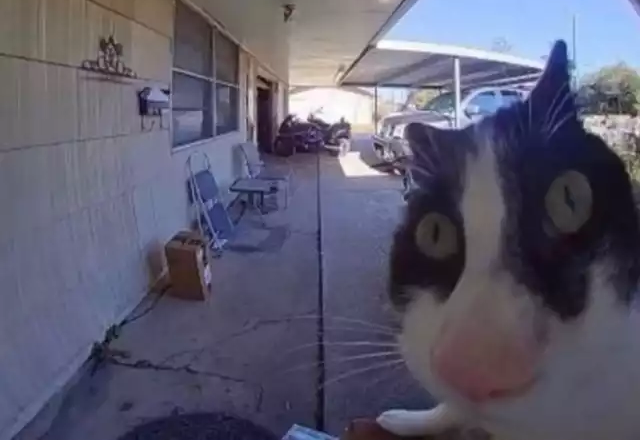The Smell of Covid

A small number of people report smell disturbances after having covid. Although most report a loss of smell sense during the infection, a much smaller number report a distorted sense of smell that persists months after the infection. Some ordinary foods smell like sewage, others like toxic chemicals. Dinner time can be a nightmare.
I am ‘lucky’ in that I do not suffer from smell distortions — rather, smell salience. For example, I peeled an orange a quarter hour ago, and washed my hands with soap, but I now find that I can’t stop thinking about the residual smell. I’m holding my head back and away from the keyboard. I finally got up and washed my hands a second time. Now the situation is better. The smell is just at the limit of my perception, which causes me to unconsciously and reflexively bring my fingers to my nose every minute or so. Unfortunately, this has made me aware that some citrus spray reached my wrists — I’ll need to go back and wash higher.
Since covid, I spend a lot of time controlling smells. Not necessarily because they are bad. Because they are there. If there were something beeping in your apartment, you’d probably track it down, find out what caused it, and turn the thing off. Not because the beeping is unbearable. Because it is there.
It seems that dogs are always sniffing things, which can be amusing, or maybe sometimes annoying. The reason they do it is to pair smells with sources. They are building and editing their lexicons of smells. They have very little choice: Imagine getting anonymised chat messages all day. You would never know who is saying what. It would be maddening. So … when I enter a room, I sorda need to take care of that before I can concentrate on what people are saying to me. Sometimes, it’s not really socially possible, so I try to casually wander around the room and take care of it on the sly.
I once shocked observers by finding a lost scarf. The owner was not in the room, but her smell was. During a conversation, I found myself unconsciously shuffling toward that scarf, even picking it up and sniffing it. My interlocutor asked me what I was doing. I identified the owner, announcing that she’d forgotten her scarf. I made no friends that day. People reseated themselves uncomfortably, cleared their throats, and casually stowed personal items in bags, or coincidentally removed them from the room.
Another time I blurted out that a non-resident was in the house (which was later confirmed). Again, no curiosity from my little audience, just nervous smiles and a little furtive armpit-sniffing. Yeah I get it, one does not do that, but I was kinda freaking out when I said it — for just a second, really, but long enough to blow my cool. For me, these smells are like seeing ghosts. When they are fresh, like when the door to the stairwell opens, it seems to me that someone ought to be standing before me, but ahhhh no one is!
It’s really not a problem. That would be more like a serving suggestion than actual covid, because, you know, most of the time, I don’t say anything and I could totally be your friend and I’m fine.
I’ve always been able to detect when an intimate relation of mine is experiencing anxiety; perspiration becomes acidic and breath becomes rank. But that is the equivalent of olfactory screaming. Since covid, I’ve discovered that people’s smells are normally and subtly fluctuating during the day. Is it due to mood? Diet? Diurnal rhythm? Maybe I’ll never know. They say that if you don’t acquire a language while you are still a child, you never shall. You can learn vocabulary, but not grammar. I fear this should have happened to me. People are smelling “blah blah blah” at me all day long, and I cannot understand it, and perhaps I shan’t.
That would be a hitherto unconsidered phenomenological implication of covid which could be of theoretic interest to people who are interested in that sort of thing, which I’m not. I’m fine.
